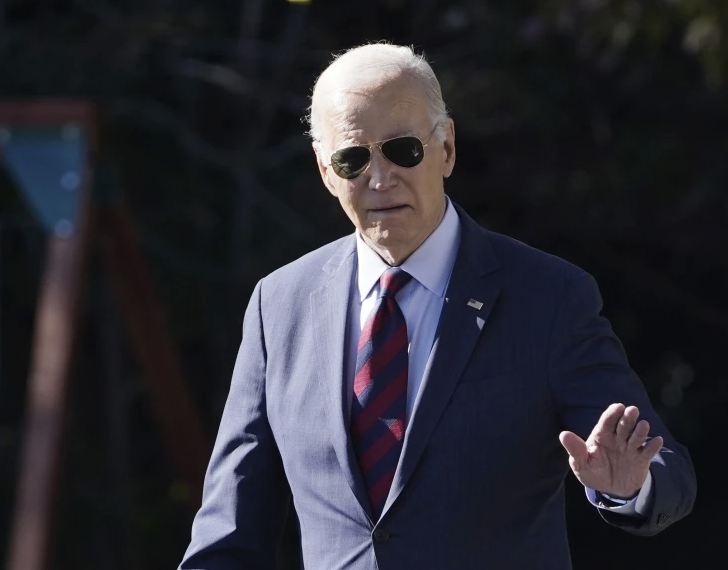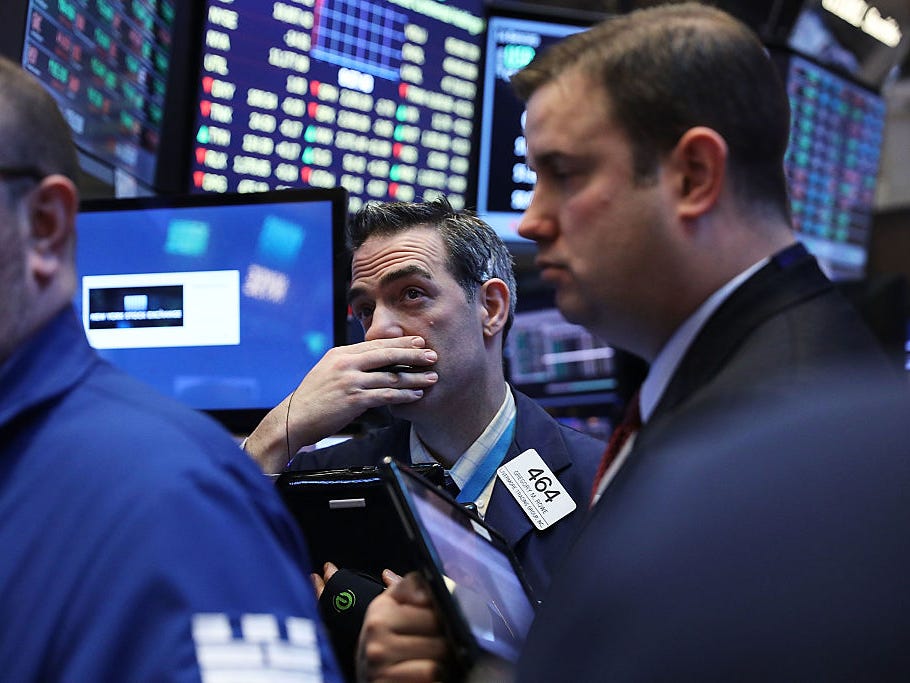SAN FRANCISCO (AP) — President Joe Biden said on the eve of his much-anticipated meeting with China’s Xi Jinping that his goal for the talks is simply to try to get U.S.-Chinese communications back on stable ground after a tumultuous year.
Biden said Tuesday, shortly before departing for San Francisco to meet Xi and attend this year’s Asia-Pacific Economic Cooperation forum, that the nations must get “on a normal course corresponding” once again even as they have sharp differences on no shortage of issues.
“Being able to pick up the phone and talk to one another if there’s a crisis. Being able to make sure our militaries still have contact with one another,” Biden told reporters at the White House. “We’re not trying to decouple from China, but what we’re trying to do is change the relationship for the better.”
The two leaders will meet at Filoli Estate, a historical country house museum in the exclusive town of Woodside about 25 miles (40 kilometers) south of San Francisco, according to three senior administration officials. The officials requested anonymity to discuss the venue, which has not yet been confirmed by the White House and Chinese government.
Separately, a U.S. official confirmed that Biden and Xi are expected to announce an agreement that would restore talks under what’s known as the Military Maritime Consultative Agreement. The agreement is used by the U.S. and People’s Liberation Army navies and air forces to improve safety in the air and sea. Until 2020, they had been meeting regularly since 1998 for the talks. The official requested anonymity to preview the expected leaders’ announcement.
Biden arrived at San Francisco International Airport Tuesday afternoon and Xi landed shortly after. The Chinese president was welcomed on the tarmac by Treasury Secretary Janet Yellen, California Gov. Gavin Newsom and U.S. Ambassador to China Nicholas Burns.
Hundreds of onlookers gathered on the leaders’ motorcade route, some holding signs that read “End CCP,” the initials of Chinese Communist Party. Others held Taiwanese and Tibetan flags, while some waved huge Chinese flags. A sign that read “Warmly Welcome President Xi Jinping” was affixed to concrete bollards.
Dozens of pro-China and a few anti-China demonstrators had also gathered near the Moscone Center, the venue where many APEC meetings were being held. Police lined up vehicles, limiting the view of demonstrators from passing dignitaries’ motorcades.
The long complicated U.S.-Chinese relationship has come under heavy strain over the last year, with Beijing bristling over new U.S. export controls on advanced technology; Biden ordering the shooting down of a Chinese spy balloon after it traversed the continental United States; and Chinese anger over a stopover in the U.S. by Taiwanese President Tsai Ing-wen earlier this year, among other issues. China claims the island as its territory.
The talks at Filoli will give the leaders the chance to have their first engagement in a year in a picturesque backdrop.
The sprawling estate along Northern California’s coastal range features a Georgian revival-style mansion and English Renaissance gardens. It was built in 1917 as a private residence but was opened to the public in 1975 as a nonprofit and site of the National Trust for Historic Preservation.
Wealthy San Francisco socialite William Bowers Bourn II named Filoli by taking the first two letters of key words of his personal credo, according to the estate’s website: “Fight for a just cause. Love your Fellow Man. Live a Good Life.” The estate’s gardens feature in Jennifer Lopez’s film “The Wedding Planner.”
Biden will also be looking to use this week’s summit of Asia-Pacific leaders to demonstrate that the United States has the gumption, attention span and money to focus on the region even as it grapples with a multitude of foreign and domestic policy crises.
The White House wants to demonstrate that Biden can remain focused on the Pacific while also trying to keep the Israel-Hamas war from exploding into a broader regional conflict and to persuade Republican lawmakers to continue to spend billions more on the costly Ukrainian effort to repel Russia’s nearly 21-month old invasion.
“President Biden this coming week will be doing a lot more than just meeting with President Xi,” White House national security adviser Jake Sullivan told reporters in Washington on Monday.
White House officials say they are cognizant that fellow APEC nations want to see better dialogue between the U.S. and China because it reduces the risk of regional conflict. At the same time, they also know that others in the region are concerned that the Pacific is too often seen through a prism in which the dominant power centers in Washington and Beijing make decisions for the region without engagement from less powerful nations.
To that end, the White House is expected to unveil new initiatives to advance clean economy investments and develop anti-corruption and taxation policies through its Indo-Pacific Economic Forum, an economic strategy announced last year aimed at countering Beijing’s commercial strength in the region.
The strategy, known by the acronym IPEF, was designed to foster trade and demonstrate American commitment to the region, after then-President Donald Trump announced in 2017 that the U.S. was withdrawing from the Trans-Pacific Partnership, or TPP, an Obama-era trade deal with 12 countries.
Much of the APEC’s membership is “tepid, at best” on IPEF, said Joshua Kurlantzick, a senior fellow for Southeast Asia at the Council on Foreign Relations. While TPP fell apart under Trump, the region has seen major trade deals sealed in recent years involving China, Japan, South Korea and other major regional economies. APEC members have some interest in aspects of IPEF, such as efforts aimed at bolstering supply chain resilience and the clean energy economy, but want to see Biden create further access to U.S. markets.
Biden enters the Xi meeting feeling buoyed by the U.S. economy’s strong performance. While the majority of U.S. adults believe the economy is weak, Biden has managed to prove wrong a large swath of economists who predicted that millions of layoffs and a recession might be needed to bring down inflation. The Labor Department said Tuesday that consumer prices rose at an annual pace of 3.2% annually, down from a June 2022 peak of 9.1%. Meanwhile, employers keep hiring and the unemployment rate has held below 4% for nearly two years.
Beijing released economic data last month that shows prices falling due to slack demand from consumers and businesses. The International Monetary Fund recently cut growth forecasts for China, predicting economic growth of 5% this year and 4.2% in 2024, down slightly from its forecasts in July.



